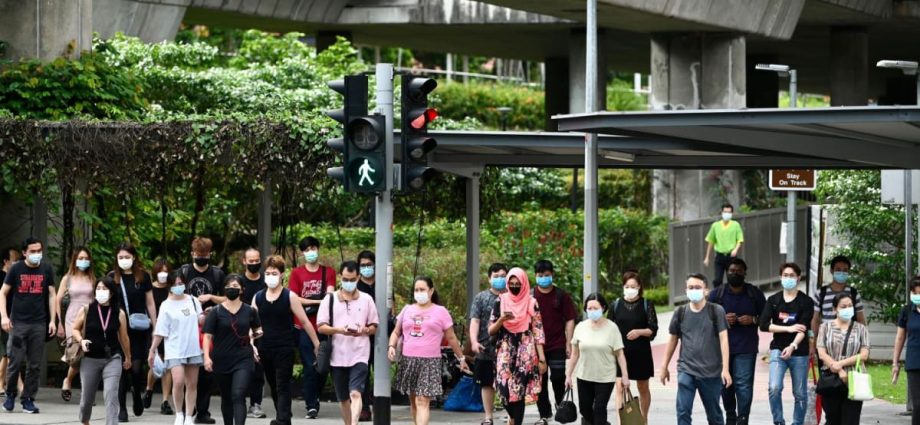
Numbering over 784,000, young seniors are a group that has benefitted more from Singapore’s years of rapid economic development than the Pioneer and Merdeka Generations, on average being more highly educated and generally in better health than their predecessors were at the same age.
Their earning trajectories in the first three decades of their working lives would have been better than the 6.2 per cent compounded annual growth in gross domestic product per capita that Singapore recorded between 1980 and 2010.
UNEVEN IMPACT OF ECONOMIC CONDITIONS ON YOUNG SENIORS
That is not to say that this group needs no help amid rising costs of living and anxieties about retirement adequacy. There is likely to be a wide range in economic outcomes among this group over their entire working lives.
The older of the young seniors would have entered the workforce or been at the early stages of their careers in the midst of the country’s first post-independence recession in the mid-1980s. The younger of the group would also have been impacted by the Asian Financial Crisis from 1997 to 1998 at the foundational years of their working lives.
Those who are still working will be employed in a labour market of great uncertainty, with global supply chains being reshaped to accommodate geo-political and environmental risks and energy transition considerations. And all this while the impact of the emergence of artificial intelligence technologies on Singapore’s labour market have yet to be fully understood.

